what we
do




Since its inception, CDS has been actively engaged in initiatives aimed at enhancing the fundamental human rights and welfare of marginalised and vulnerable communities across the country. The targeted groups encompass a wide range of individuals, including sex workers, plantation workers, factory and apparel workers, individuals living with HIV, drug users, children, young adults, impoverished women and their families, as well as low-skilled migrant workers and domestic workers. We also support micro and small enterprises especially recognizing women, their creativity, and their talents to overcome the poverty trap they live in.
80'S DECADE
EMPOWERING COMMUNITIES:
CDS ROLE IN FAMILY PLANNING AND REPRODUCTIVE HEALTH
In the 1980s, CDS was chosen as one of the three prominent national CSOs to implement a World Bank-sponsored programme focusing on family planning, consented birth spacing, and sexual and reproductive health. This initiative targeted underserved and poverty-stricken communities, specifically those in densely populated urban areas, rural regions, and the plantation sector. Throughout this decade, CDS provided vital family planning services, birth spacing, family counselling, and livelihood opportunities to over 95,000 families nationwide. The CDS mobile clinics journeyed through plantation and rural communities, addressing the reproductive health needs of over 4000 families across 12 districts. Additionally, CDS’s sub-fertility clinic at its main office in Colombo assisted over 1000 childless couples during this period.
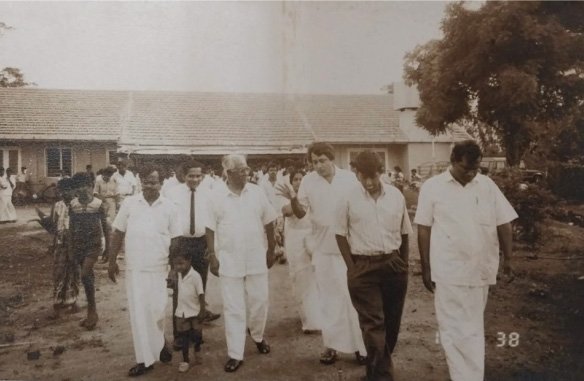
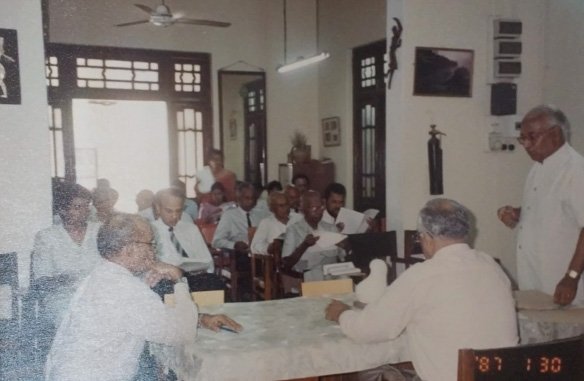
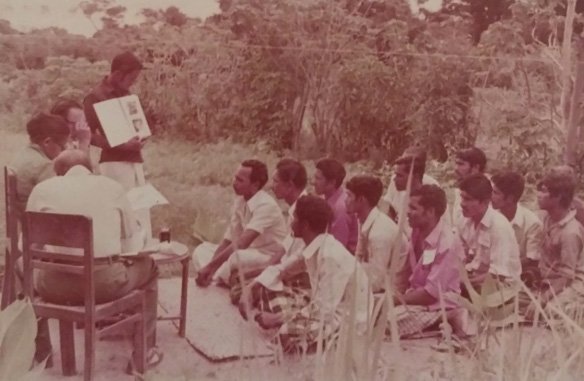
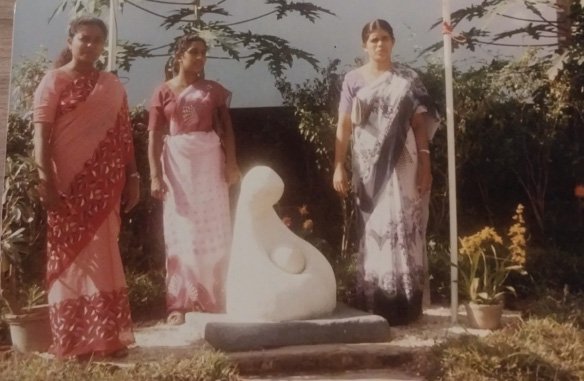
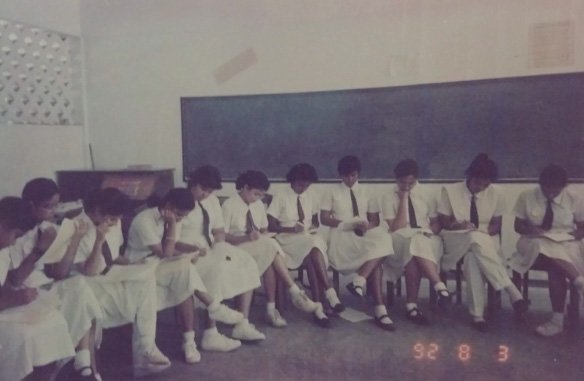
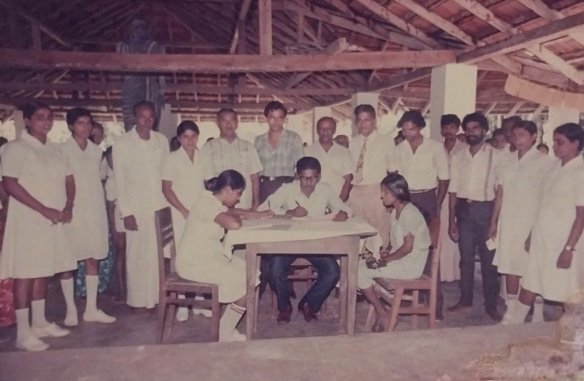
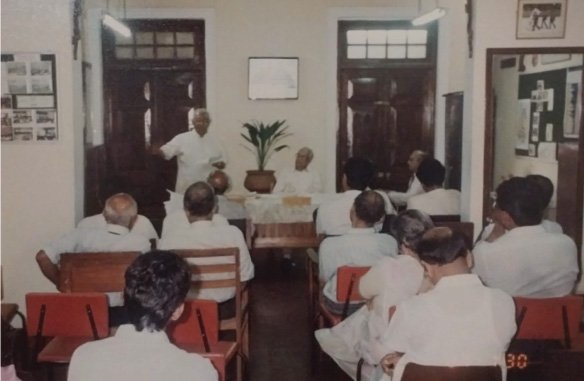
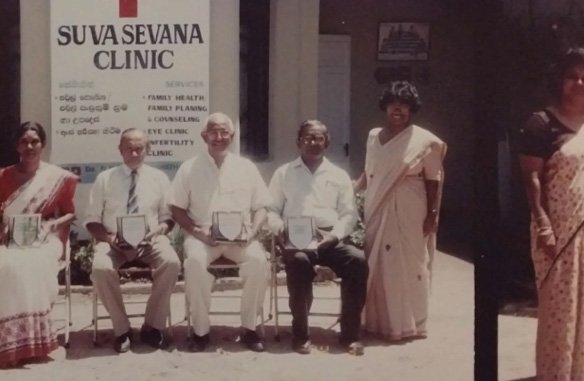
PROGRESSING TO THE 90'S
COMBATTING HIV/AIDS:
CDS TRAILBLAZING INITIATIVES IN PUBLIC HEALTH
The 1990s saw the rise and rapid spread of the HIV pandemic – a global challenge that prompted CDS to take bold steps as a trailblazing civil society organisation. Collaborating closely with the Health Ministry, CDS launched a groundbreaking communication campaign aimed at educating the public about HIV prevention. This initiative was bolstered by USAID which funded the implementation of the project at ground level.
Building on this foundation, CDS spearheaded Sri Lanka’s first project targeting sex workers in Colombo. Recognised by the UK’s Pleasure Project, CDS conducted pioneering research on the female condom among female sex workers, revolutionising safe sex practices among a marginalised group often sidelined in HIV/AIDS dialogues.
Empowering sex workers and demanding their clients use condoms was the predominant strategy of the campaign, followed by a savings scheme and a health and hygiene package together with monthly clinic visits were the main activities of the project.
As HIV demographics diversified and communities began to define themselves, the MSM community was increasing in numbers and required timely interventions. At this time, the Health Ministry had embarked on data disaggregation efforts revealing infections linked to sexual orientations and practices. Heterosexuals and female commercial sex workers comprised the primary ‘at risk’ groups.
Despite Sri Lanka maintaining a low prevalence rate, the Health Ministry continued to respond proactively, establishing the National STD/AIDS Control Programme (NSACP), dedicated to HIV prevention, treatment, and care. This initiative also ensured the free availability of anti-retroviral (ARV) medication and the establishment of national HIV & STD clinics to provide essential counselling to the growing population of People Living with HIV (PLHIV). These strategic interventions were crucial in addressing the evolving health landscape and safeguarding public health.
MILLENNIUM
POLICY LEADERSHIP:
CDS IMPACT ON HIV/AIDS AND PUBLIC HEALTH
CDS remained steadfast in its commitment to advancing HIV/AIDS and reproductive health. During this transformative era, CDS played a vital role in shaping and formulating the national HIV/AIDS policy. CDS also collaborated closely with the International Labour Organization (ILO) to develop Sri Lanka’s policy on HIV in the workplace.
In a landmark move, we facilitated the establishment of Lanka Plus, the first network for PLHIV, providing technical expertise and financial support and housing them at our premises, fostering their growth and impact.
It was in this period that the country began to witness a gradual shift in HIV infection from heterosexual and commercial sex worker populations to MSM populations, illuminating the urgent need for interventions that are both, tailored and inclusive to meet the diverse health needs of society.
However, the severe stigma and discrimination associated with HIV, MSM communities faced significant threats and hostility from the general population. This forced many MSM individuals to retreat from the public eye to evade these dangers which caused a formidable challenge in providing them with essential interventions and support.
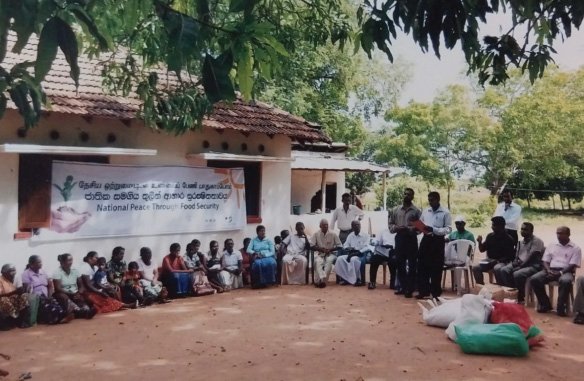
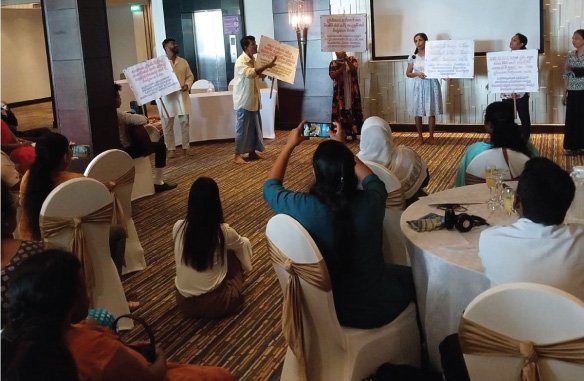
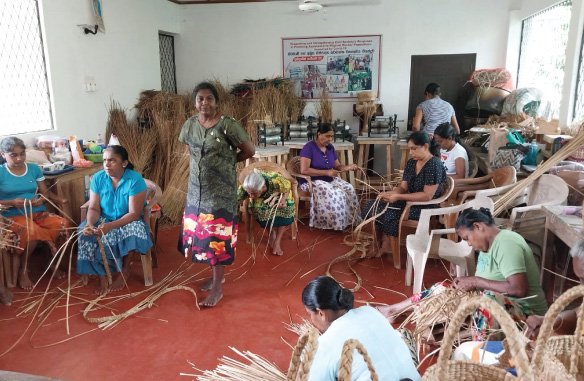
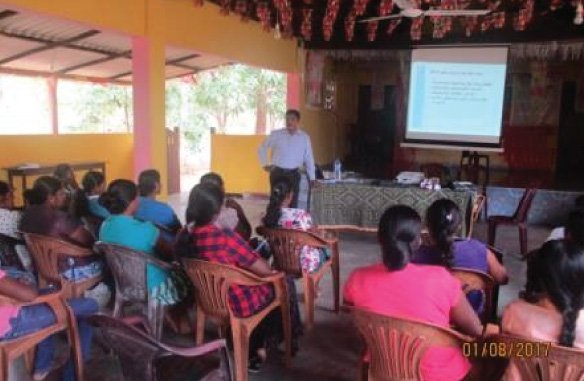
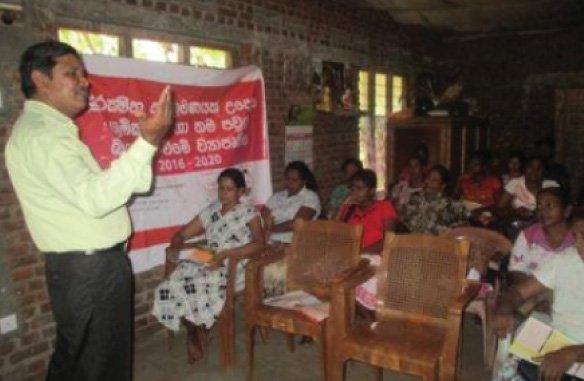
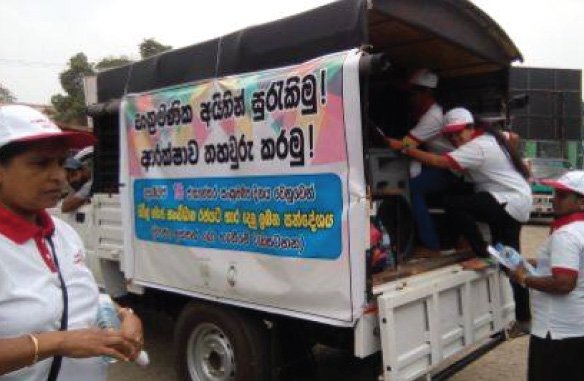
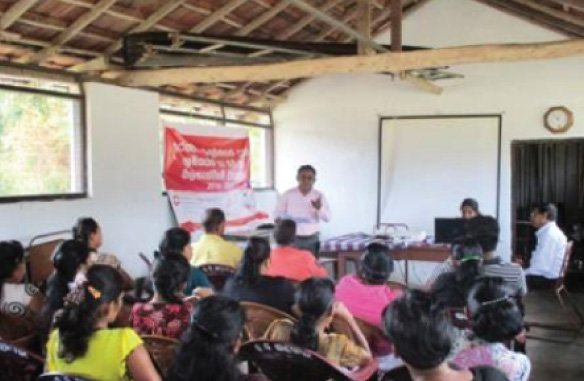
FIRST AND SECOND DECADES OF THE MILLENNIUM
ADVOCATING FOR INCLUSION:
CDS IMPACT ON HIV/AIDS STRATEGY AND MIGRANT RIGHTS
As the Global Fund for AIDS, Tuberculosis & Malaria (GFATM) was established, its core global strategies focused on addressing the needs of high-risk populations, specifically MSM, sex workers, and injecting drug users. However, CDS identified a glaring gap in Sri Lanka’s national strategy – migrant workers. Given Sri Lanka’s role as a source of migrant labour, it became imperative that this group too be advocated for.
CDS passionately championed the inclusion of migrant workers in the national HIV & AIDS strategic plan. These pioneering advocacy efforts continue today, as national plans have yet to fully recognise migrant workers and provide them with the necessary awareness and prevention strategies in host countries, where they work.
Additionally, CDS has also been a strong advocate for eliminating mandatory HIV testing as a prerequisite for employment and championed migrant-friendly medical testing practices free from stigma and discrimination as part of an Asia-wide advocacy strategy. This effort is part of a broader commitment to ensuring that all at-risk populations receive the necessary support and protection they need.
CDS engaged with an expert committee to develop the HIV in the workplace policy that was initiated by the NSACP and the ILO to break the stigma and discrimination in workplaces.
CDS also engaged with the Ministry of Foreign Employment in developing the national labour migration policy that was ratified in Parliament in 2008 where a necessary component on migrant health, SRH, and, HIV was given due recognition. The policy was a landmark achievement for the migrant community and policymakers in Sri Lanka and the Asian region.
In the next decade of policy engagement, CDS played its role in offering migrant worker experiences at return and reintegration as the sub-policy for return and reintegration was created as a first in the Asian region in 2015.
CDS played a significant role in the development of safe labour migration platforms through advocacy and capacity building of its partner organisations working on the labour migration response in Sri Lanka.
CDS was also responsible for leading the CSO response in making significant contributions towards the development of the GCM in 2018.
SIGNIFICANT ROLES & ACHIEVEMENTS
· Played an active role and led the civil society response in the development of the National AIDS Policy for Sri Lanka with the NSACP.
· Helped in the constitutional development of the formation of Lanka Plus, the first PLHIV network, and provided the necessary institutional support to get the network off the ground
· Was part of the Asian team responsible for the comprehensive research that was undertaken on the “State of health of migrant workers” across Asia and the Middle East along with CARAM Asia.
· As a member of the regional CARAM Asia team, researched and published the “State of Health of Migrants on Mandatory Testing” that was launched at the 8th ICAAP in Colombo.
· Partnered with CARAM Asia in conducting an 8-country study on remittances and migration and its effects on migrant workers.
· Supported the ILO in the development of advocacy and policy in shaping the labour migration discourse in Sri Lanka
· Supported the ILO in the development of the sub-policy on return reintegration of migrant workers.
· Played an important role in lobbying for the 8th ICAAP that was held in Colombo in 2007 and acted as the secretariat.
· Set up and provided the institutional capacity in the setting up of Positive Hopes Alliance – the second HIV-positive member organisation.
· Was responsible for pioneering the very first sex workers project in Sri Lanka.
· Functioned as a working group member in formulating a national HIV/AIDS world of work policy initiated by ILO Sri Lanka.
· As a civil society member helped develop the National Labour Migration policy with significant input on migration health, HIV, and SRH which is now a ratified document.
· Played a significant role in the review and amendments to the National Labour Migration Policy.
· Functioned as the unofficial civil society organisation responsible for the Global Compact on Migration along with IOM and the Ministry of Foreign Employment.
· As a CARAM Asia working group member researched, developed, and published an HIV Policy Review with five origin countries with a special interest in labour migration.
· Provided research findings on the female condom to a global research program carried out by a UK-based organisation – “The Pleasure Project”.
· Built the capacity and empowered over 150 CBOs in the Country in SRH, HIV/AIDS, and rights-based knowledge on labour migration.
· As a CARAM Asia working group member researched, developed, and published an HIV-positive migrant’s life stories book as an advocacy tool that was launched at the 9th ICAAP in Bali, Indonesia.
· Was selected by the EC-UN Joint Migration and Development Initiative (JMDI) from among 80 country submissions as the top initiative that was featured in the Virtual Knowledge Fair held in conjunction with the GFMD civil society days Global Forum for Migration and Development conference in Athens, Greece in November 2009.
· Set up the Life Integrators Coalition (LIC) network, comprising of 24 CSO and TUOs.
